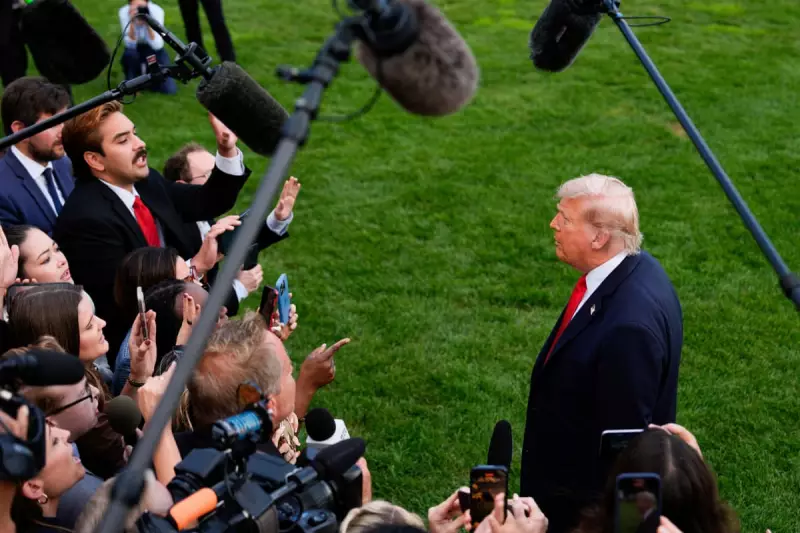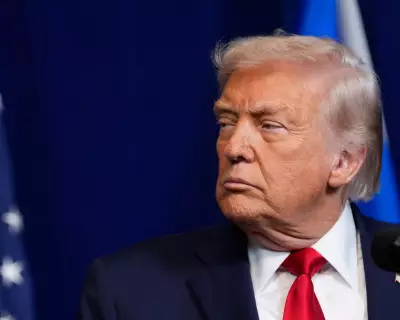
The corridors of the White House are witnessing an unprecedented confrontation as Donald Trump's new administration escalates its war against the press corps. What began as tension has exploded into open conflict, with press secretary Karoline Leavitt at the forefront of implementing drastic new measures that threaten to reshape the relationship between government and media.
Systematic Exclusion of Critical Voices
Multiple established journalists from major news organisations have found themselves abruptly sidelined. The administration has implemented a concerning pattern of denying credentials to reporters known for tough questioning, while simultaneously elevating sympathetic outlets to prime positions in the briefing room.
"This isn't just changing the seating chart—this is a systematic effort to purge critical voices," one veteran correspondent revealed under condition of anonymity. "They're creating an environment where only friendly questions get asked."
Karoline Leavitt's Aggressive Strategy
At the centre of the storm stands press secretary Karoline Leavitt, whose confrontational approach has become the administration's signature media strategy. Rather than traditional briefings, the White House has increasingly favoured informal "gaggles" and social media announcements, bypassing rigorous journalistic scrutiny.
The changes represent a significant escalation from Trump's first term, suggesting a more organised and permanent restructuring of how the executive branch communicates with the public.
Journalists Fight Back Against Restrictions
Despite the pressure, members of the press corps are pushing back. Veteran reporters are coordinating to ensure tough questions still get asked, while news organisations are considering legal challenges to what they see as violations of constitutional press freedoms.
However, the administration shows no signs of backing down. The White House has defended its actions as necessary reforms to what it calls "corrupt media networks," setting the stage for a prolonged constitutional battle that could redefine American democracy's relationship with a free press.
As one journalist grimly noted: "This isn't just about where we sit—it's about whether the American people get to hear anything beyond approved messaging."





